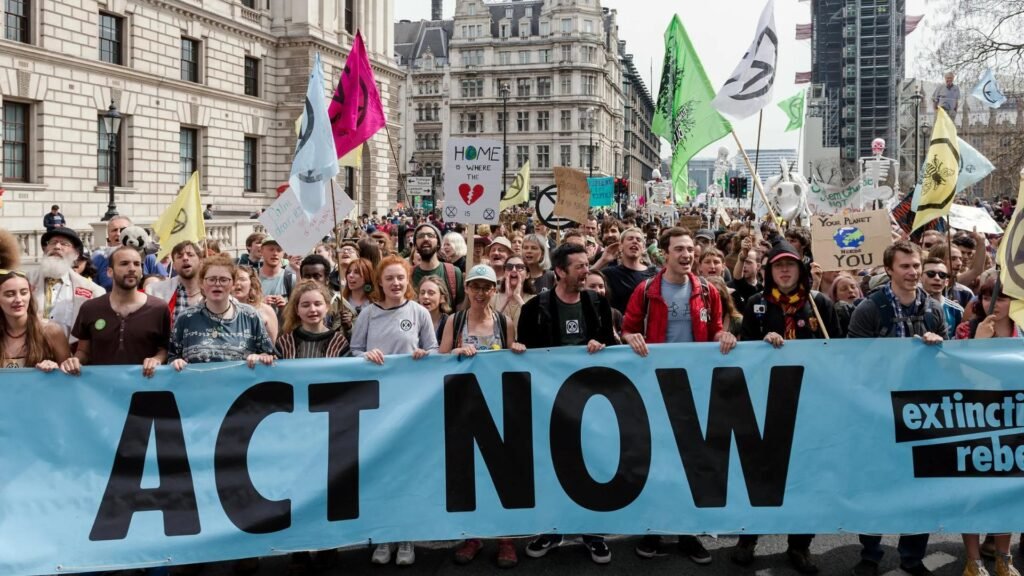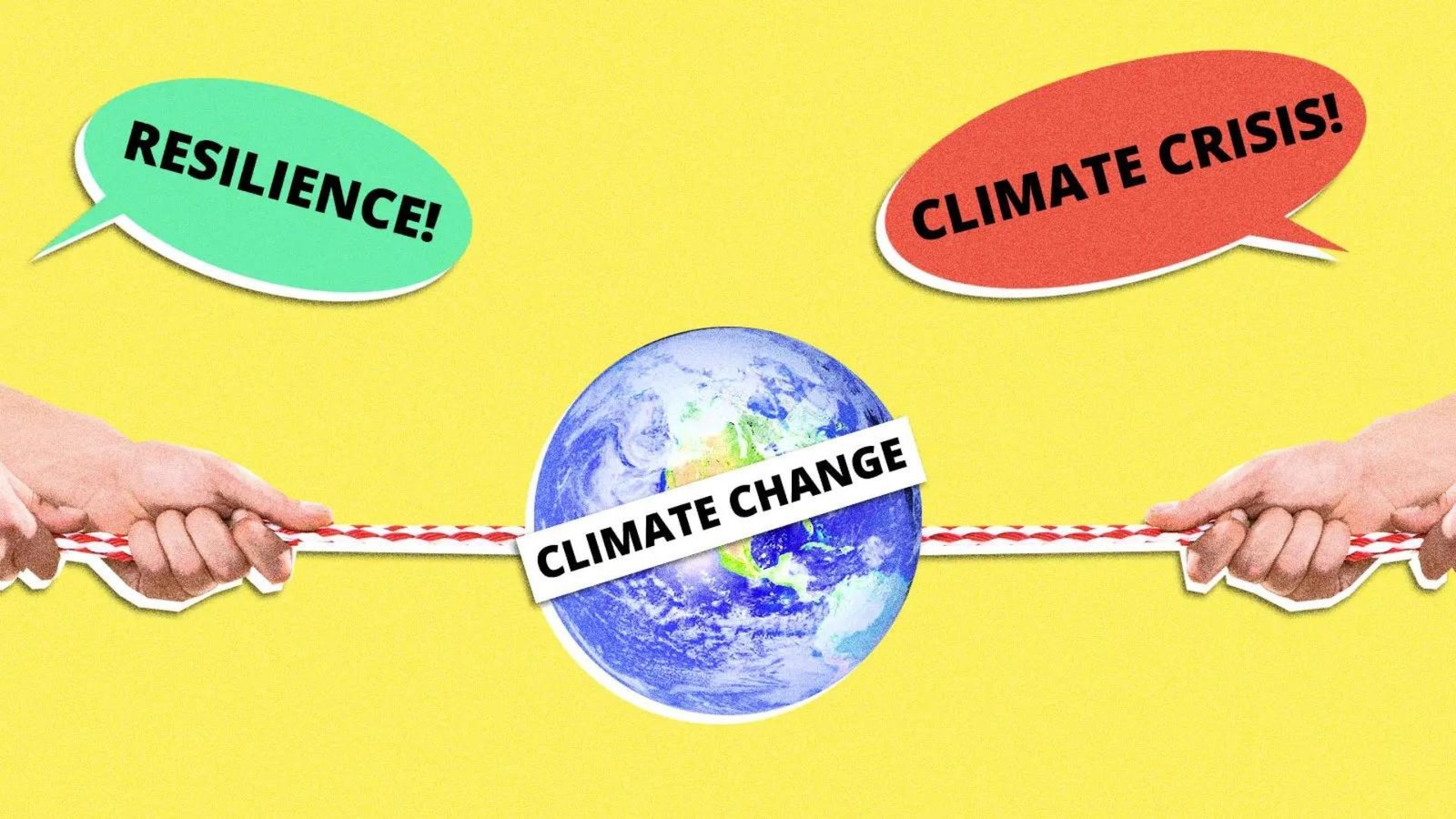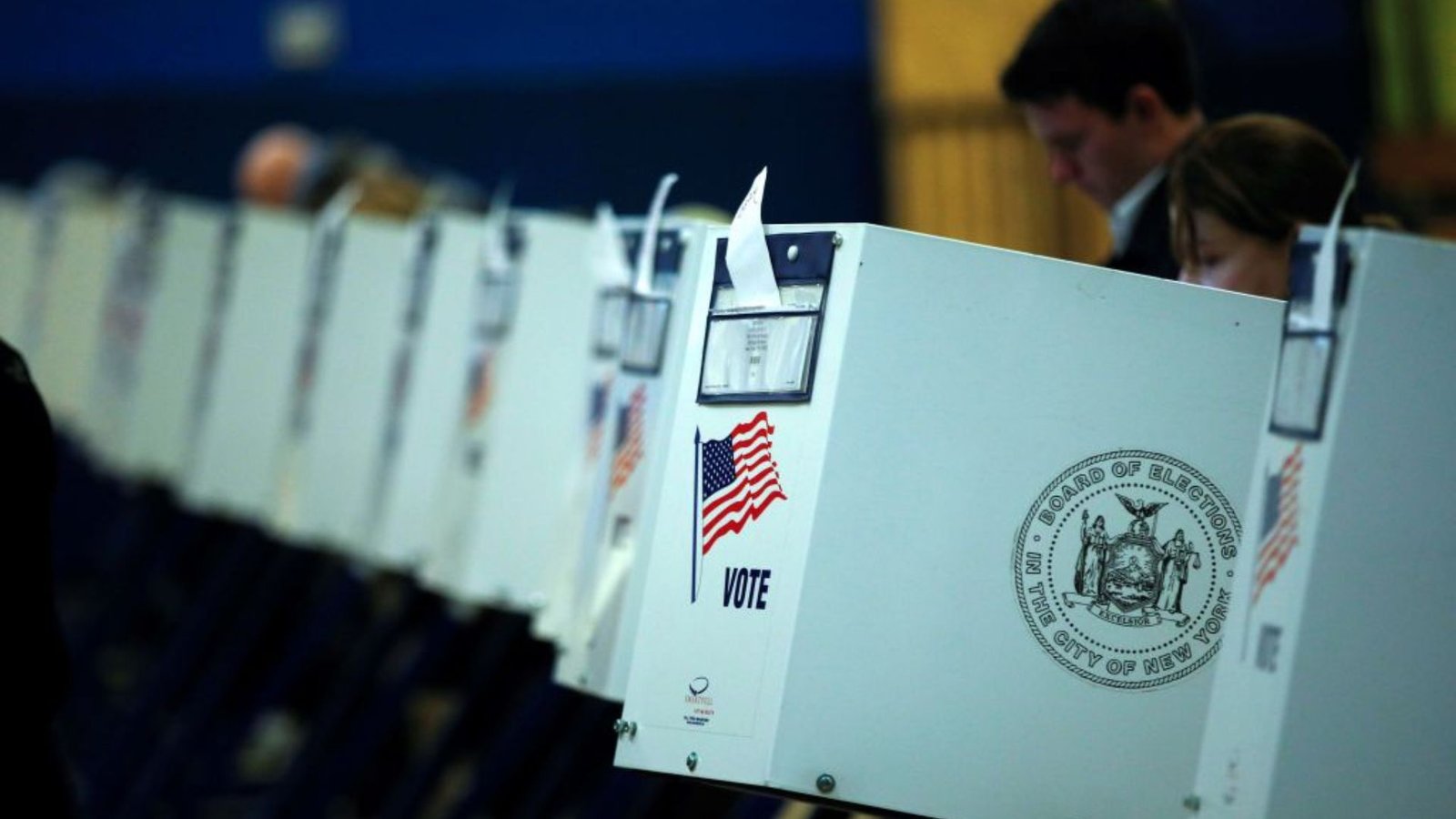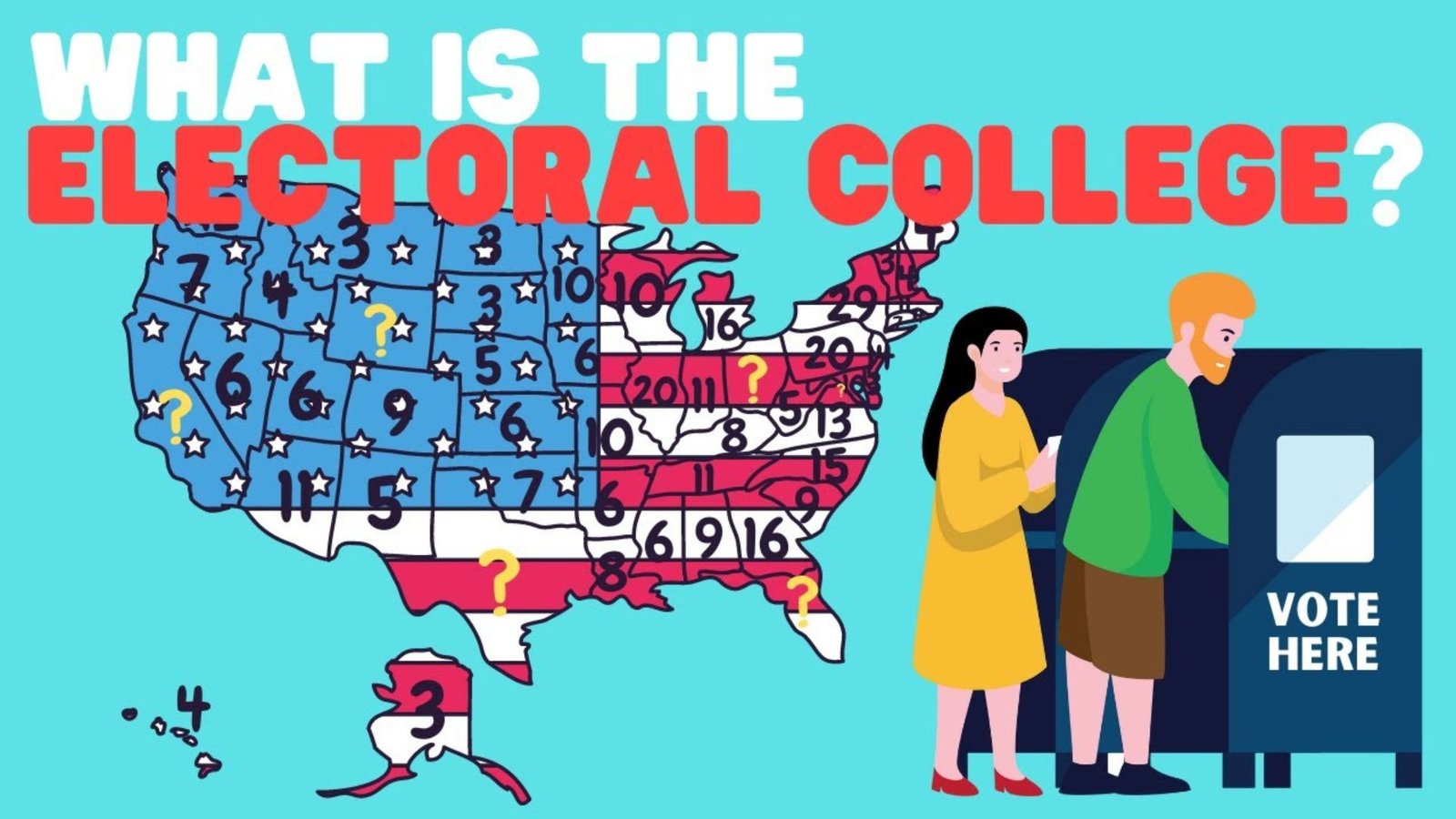Politics plays a crucial role in shaping the trajectory of climate change efforts. From crafting environmental policies to negotiating international agreements, political decisions significantly impact how effectively we address climate change. Understanding the interplay between politics and climate action helps us grasp the challenges and opportunities in the fight against global warming.

Policy Development and Implementation
Political leaders and governments are instrumental in developing and implementing policies that address climate change. Decisions about environmental regulations, emissions standards, and renewable energy investments are made at the political level. For example, policies that mandate reductions in greenhouse gas emissions or provide incentives for clean energy can significantly impact a country’s carbon footprint.
When political leaders prioritize climate action, it can lead to stricter regulations and increased funding for green technologies. Conversely, when climate change is not a priority, it can result in weakened environmental standards and slower progress. Thus, the political climate directly influences the effectiveness of climate policies and their implementation.
International Agreements and Cooperation
Climate change is a global issue that requires international cooperation to address effectively. Political negotiations and agreements play a key role in coordinating global efforts to combat climate change. Agreements like the Paris Agreement, which sets targets for reducing global warming, are the result of political negotiations among world leaders.
Political decisions impact the commitment of countries to these international agreements. For instance, a country’s decision to withdraw from or join an international climate pact can affect global progress. Strong political will and international cooperation are essential for achieving collective climate goals and addressing transboundary environmental issues.
Funding and Investment in Climate Solutions
Political decisions also influence the allocation of funding and investment in climate solutions. Governments decide how to budget for environmental programs, research into green technologies, and disaster preparedness. This funding supports initiatives such as renewable energy projects, climate resilience programs, and scientific research on climate change.
When political leaders prioritize climate funding, it can accelerate the development and deployment of solutions to mitigate climate impacts. On the other hand, reduced funding can slow progress and limit the effectiveness of climate action efforts. Therefore, political choices directly affect the resources available for addressing climate change.
Environmental Justice and Equity
Political decisions have significant implications for environmental justice and equity. Climate change disproportionately affects vulnerable communities, including low-income and marginalized populations. Political leaders play a role in addressing these disparities through policies that promote environmental justice and equitable access to climate solutions.
Policies that consider the needs of affected communities, such as support for relocation or disaster relief, can help mitigate the adverse effects of climate change on vulnerable populations. Conversely, neglecting these issues can exacerbate inequalities and hinder efforts to create a just and inclusive response to climate challenges.
Public Opinion and Political Will
Public opinion often influences political decisions on climate change. When voters prioritize environmental issues, political leaders may be more inclined to support climate-friendly policies and initiatives. Conversely, if climate change is not a significant concern for the electorate, politicians may focus on other issues.
Political will is crucial for driving climate action. Elected officials who respond to public demand for climate action can push for stronger regulations, international cooperation, and investments in green technologies. Therefore, public awareness and advocacy play a key role in shaping political responses to climate change.
Climate Change Denial and Misinformation
The impact of politics on climate change is also evident in the presence of climate change denial and misinformation. Political figures or groups that deny the science of climate change can hinder progress by promoting policies that undermine environmental protection efforts.
Misinformation about climate science can create confusion and delay necessary actions to combat global warming. Addressing climate change denial and promoting accurate scientific information are essential for ensuring informed political decisions and effective climate action.
Conclusion
In summary, politics significantly impacts climate change through policy development, international agreements, funding, and environmental justice. Political decisions shape the effectiveness of climate action and determine the resources allocated to address global warming. Public opinion, political will, and the presence of misinformation also play roles in influencing climate policies. Understanding the intersection of politics and climate change helps us advocate for informed decisions and support efforts to create a sustainable and equitable future for all.




